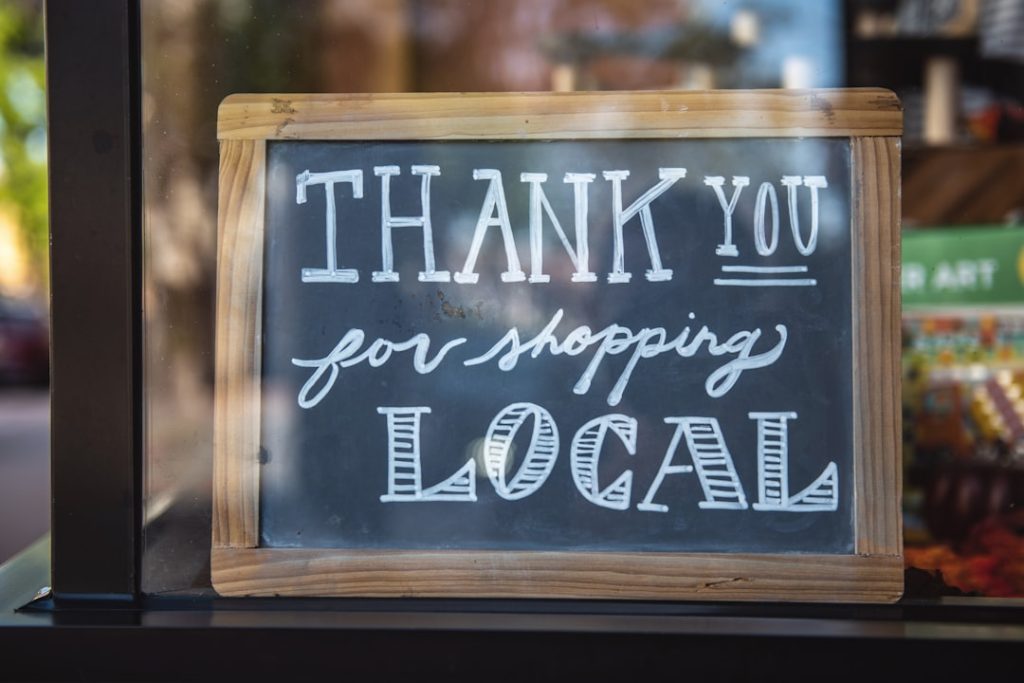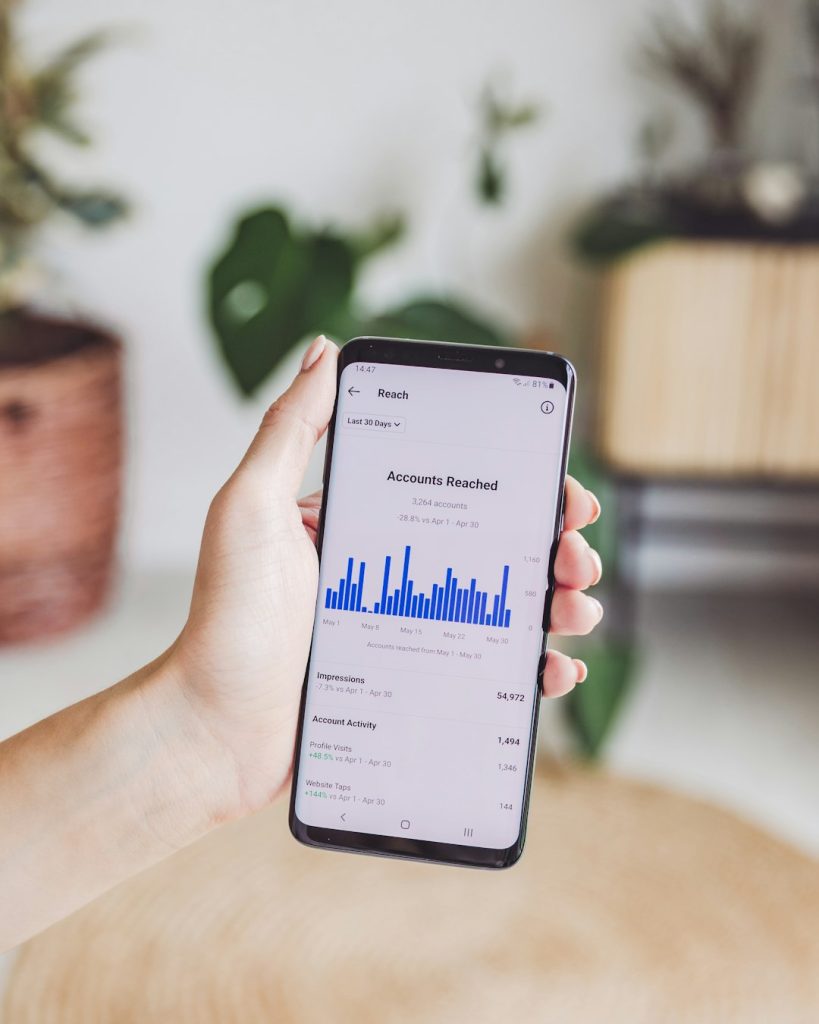Introduction
As a small business owner, you know how important it is to attract local customers. One of the most effective ways to do this is through local SEO (Search Engine Optimization). By optimizing your website for local search, you can increase your visibility in search engine results and drive more targeted traffic to your business. In this step-by-step guide, we will walk you through the process of unlocking local SEO for your small business.
Step 1: Claim Your Google My Business Listing
The first step in optimizing your local SEO is to claim your Google My Business listing. This free tool allows you to manage how your business appears on Google Search and Maps. Make sure to provide accurate and up-to-date information such as your business name, address, phone number, and website. This will help Google understand your business and improve your local search rankings.

Step 2: Optimize Your Website for Local Keywords
Next, you need to optimize your website for local keywords. Conduct keyword research to identify the terms your target audience is using to find businesses like yours. Incorporate these keywords naturally into your website’s content, meta tags, and URLs. This will help search engines understand the relevance of your website to local search queries.

Step 3: Create Localized Content
Creating localized content is another important step in unlocking local SEO. Write blog posts, articles, and other content that is relevant to your local audience. Include local keywords and references to your city or region. This will not only help you rank higher in local search results but also establish your business as an authority in your area.

Step 4: Build Local Citations
Building local citations is crucial for improving your local SEO. A local citation is any online mention of your business’s name, address, and phone number (NAP). Submit your business information to online directories, review sites, and local business listings. Make sure your NAP is consistent across all platforms to avoid confusing search engines and potential customers.

Step 5: Encourage Online Reviews
Online reviews are not only important for your reputation but also for your local SEO. Encourage your satisfied customers to leave reviews on platforms like Google, Yelp, and Facebook. Positive reviews can improve your search rankings and attract more local customers. Respond to reviews, both positive and negative, to show that you value customer feedback.

Step 6: Optimize for Mobile
In today’s mobile-first world, optimizing your website for mobile devices is a must. Google and other search engines prioritize mobile-friendly websites in their search results. Ensure your website is responsive and loads quickly on mobile devices. This will not only improve your local SEO but also provide a better user experience for your mobile users.

Step 7: Leverage Social Media
Social media can play a significant role in boosting your local SEO efforts. Create profiles on popular social media platforms like Facebook, Instagram, and Twitter. Share localized content, engage with your audience, and encourage social sharing. This will help increase your online visibility and drive more local traffic to your website.

Step 8: Monitor and Analyze Your Results
Once you have implemented the above steps, it’s essential to monitor and analyze your local SEO efforts. Use tools like Google Analytics and Google Search Console to track your website’s performance, organic traffic, and local search rankings. Make adjustments as needed based on the data to continuously improve your local SEO strategy.

Unlocking local SEO can significantly benefit your small business by attracting more local customers and increasing your online visibility. By following the step-by-step guide outlined above, you can optimize your website for local search and stay ahead of your competition. Remember, local SEO is an ongoing process, so continue to refine and adapt your strategy to achieve long-term success.



